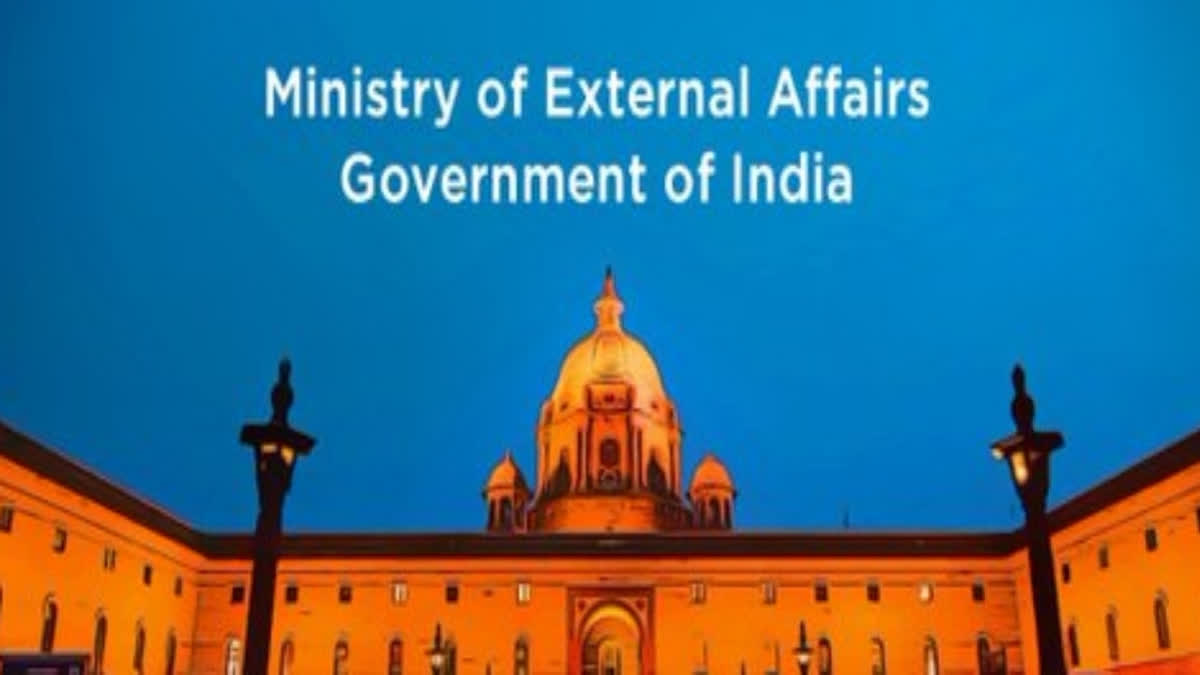New Delhi: In two sentences, India on Thursday dismissed the US State Department’s annual human rights report concerning India stating that it was “deeply biased”. “This report, as per our understanding, is deeply biased and reflects a very poor understanding of India,” External Affairs Ministry spokesperson Randhir Jaiswal said in response to a question in his weekly briefing here. “We attach no value to it and we urge you all to do the same.” Jaiswal’s comments came soon after Pakistan, too, rejected the report concerning human rights conditions in that country.
Who brings out the annual US State Department’s human rights reports?
The annual Country Reports on Human Rights Practices are published by the US State Department’s Bureau of Democracy, Human Rights and Labor. These reports examine the human rights records of countries around the world. They cover internationally recognised individual, civil, political and worker rights, as outlined in the Universal Declaration of Human Rights and other international agreements.
The reports serve as a reference source on the status of human rights conditions in each country. They are used by the US government, Congress and other stakeholders to guide policy and foreign assistance. The goal is to encourage the protection of human rights and fundamental freedoms around the world. The Country Reports have been published annually since the 1970s as a way for the US to monitor and report on human rights issues globally in an objective manner based on factual information and data.
What did the 2023 report state about human rights conditions in India?
According to the executive summary in the section on India, the outbreak of ethnic conflict between the Kuki and Meitei ethnic groups during the year in India’s northeastern state of Manipur in May last year resulted in significant human rights abuses.
“Media reported at least 175 persons were killed and more than 60,000 displaced between May 3 and November 15. Activists and journalists reported armed conflict, rapes and assaults in addition to the destruction of homes, businesses and places of worship,” the report stated. “The government deployed security forces and imposed daily curfews and internet shutdowns in response to the violence. The Supreme Court criticised the failure of the Central government and the Manipur government to halt the violence and appointed officials to investigate incidents of violence and to ensure the delivery of humanitarian assistance and the rebuilding of homes and places of worship.”
The report also detailed the 60-hour search conducted by Indian tax authorities on the BBC’s offices in Delhi and Mumbai in mid-February, shortly after the broadcaster aired a documentary critical of Prime Minister Narendra Modi. Although authorities claimed the search was due to tax irregularities and ownership issues, the report noted that officials also seized equipment from journalists uninvolved in the BBC’s financial operations.
Another key issue covered was the conviction and subsequent disqualification of Congress leader Rahul Gandhi from Parliament over a defamation case involving remarks about Modi's surname. While Gandhi’s conviction was initially upheld, the Supreme Court later stayed this, leading to his reinstatement as a Member of Parliament.
At the same time, the report stated that terrorists in Jammu and Kashmir, northeastern states and Maoist areas committed serious abuses, including killings and abductions of armed forces personnel, police, government officials and civilians. The report did highlight some positive developments as well, such as the government permitting a Muharram procession by Shias in Srinagar last July after years of prohibitions. Overall, the State Department report provided a comprehensive overview of both human rights concerns and progressive steps in India over the past year.
What more did the External Affairs Ministry have to say about democracy and freedom of expression?
